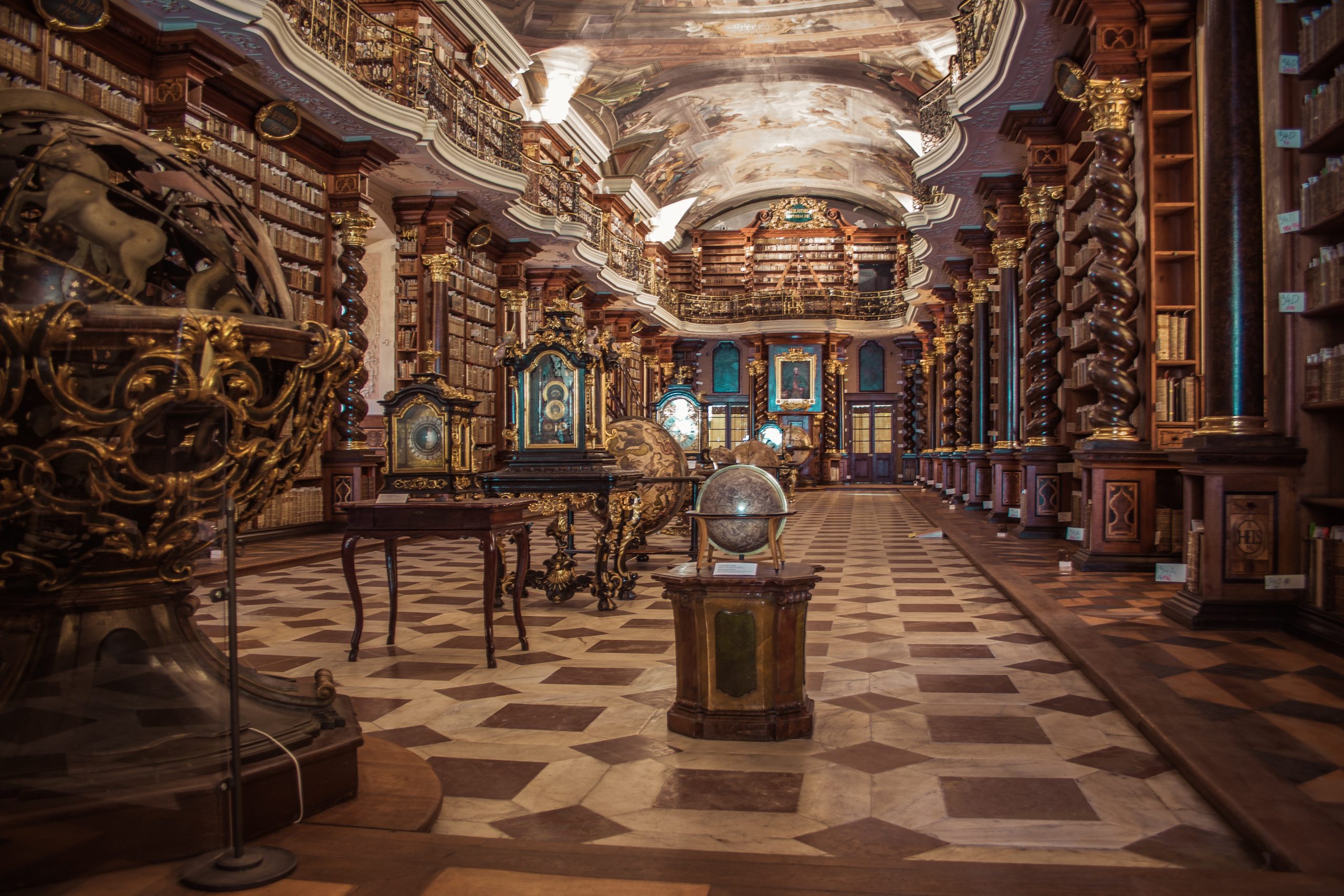Wicca and Witchcraft: A Comprehensive Guide
Wicca and witchcraft are often misunderstood and encompassed by myths and stereotypes. With their long history and diverse practices, it’s crucial to delve deep into these spiritual paths to gain a true understanding. In this comprehensive guide, we will explore the origins, beliefs, rituals, and contemporary practices of Wicca and witchcraft. Let’s embark on this enlightening journey together!
Table of Contents
- What is Wicca?
- Origins of Wicca
- Beliefs and Principles
- Rituals and Ceremonies
- Tools and Symbols
- Modern Practices
What is Wicca?
Wicca is a modern pagan religious movement that emerged in the mid-20th century, popularized by Gerald Gardner. It draws inspiration from various ancient nature-based religions, incorporating elements of witchcraft, folk magic, and ceremonial magic. Wiccans revere nature and divinities, practice magic, and adhere to ethical principles centered around the Wiccan Rede: “An it harm none, do what ye will.”
Origins of Wicca
The origins of Wicca can be traced back to prehistoric times when people worshiped natural forces and deities associated with fertility, life, and death. However, the modern Wiccan movement began with Gerald Gardner in the 1950s, who claimed to have been initiated into a coven of witches in England. Gardner’s teachings became the foundation of modern Wicca, blending ceremonial magic, witchcraft, and his own practices influenced by folklore and occult traditions.
Since Gardner’s introduction, Wicca has evolved and diversified through the efforts of various traditions and practitioners. Some well-known Wiccan traditions include the Gardnerian, Alexandrian, Dianic, and eclectic traditions. Each tradition has its unique rituals, beliefs, and practices, while still sharing common threads that connect them to the core principles of Wicca.
Beliefs and Principles
Wiccan beliefs and principles encompass a reverence for nature, the existence of divine energies, the concept of polarity, and personal responsibility. Wiccans worship both a Goddess and a God, representing the feminine and masculine energies present in the universe. They see divinity as immanent in nature, and the cycles of the seasons and natural world hold great significance.
Wiccans follow the Wiccan Rede, which encourages them to act responsibly and not cause harm to others or themselves, emphasizing the importance of ethical decision-making. Many Wiccans also acknowledge the Threefold Law, believing that whatever energy they send out, positive or negative, will return to them with three times the intensity.
Additionally, the concept of magic holds a central place in Wiccan practices. Magic is seen as a natural and supernatural force that can be harnessed through rituals and spells. Wiccans use magic for personal growth, healing, divination, and manifesting intentions, always acting in harmony with nature and the highest good.
Rituals and Ceremonies
Rituals and ceremonies are an essential part of Wiccan practice, providing a means for worship, connection, and magic. Wiccan rituals are often conducted in a sacred space or circle, marked by the four cardinal directions and associated elemental energies. These rituals typically involve the casting and consecration of the circle, invocation of deities, spellwork, and the sharing of food and drink as offerings. The cycle of the moon and seasonal festivals, known as Sabbats and Esbats, form important occasions for Wiccans to come together and celebrate.
Tools and Symbols
Wiccans utilize various tools and symbols to enhance their practice and focus their energy. Some common tools include the athame (ritual dagger), chalice, wand, pentagram, cauldron, and Book of Shadows (a personalized grimoire). These items serve as conduits for energy manipulation, spellcasting, and ritual work.
Symbols also play a significant role in Wicca. The pentagram, a five-pointed star within a circle, symbolizes the elements of earth, air, fire, water, and spirit, as well as the interconnectedness of all things. Other symbols like the triple moon (representing the phases of the moon), the triple goddess (maiden, mother, and crone), and the horned god (associated with the masculine divine) are widely recognized in Wiccan circles.
Modern Practices
In modern times, Wicca has continued to evolve and adapt to the needs of its practitioners. Eclectic Wicca, for example, allows individuals to incorporate elements from various traditions and spiritual paths into their practice. Other practitioners focus on specific forms of witchcraft, such as kitchen witchcraft, green witchcraft, or hedge witchcraft, tailoring their craft to their personal interests and strengths.
With the rise of the internet, Wicca has become more accessible than ever before. Online communities, forums, and educational resources provide platforms for learning, sharing experiences, and connecting with fellow practitioners all over the world. Many Wiccans also gather in local covens or pagan groups to celebrate rituals, learn from one another, and build a sense of community.
It is important to note that while Wicca and witchcraft share commonalities, not all witches identify as Wiccan, and vice versa. Witchcraft is a broader term encompassing various magical practices found across cultures and spiritual paths, while Wicca specifically refers to a modern pagan religious movement.
Final Thoughts
Wicca and witchcraft are rich and vibrant paths, deeply rooted in ancient traditions and beliefs. The diverse practices, rituals, and principles offer practitioners a way to connect with nature, harness their inner power, and cultivate a deeper understanding of the world around them. Whether you are drawn to Wicca or have an interest in witchcraft, exploring these paths can be an enriching and transformative journey.
As you continue to learn and grow, remember to approach these topics with an open mind, respect for cultural diversity, and an ethical foundation. Embrace the beauty of nature, honor the interconnectedness of all things, and let the wisdom of Wicca and witchcraft guide you on your unique spiritual path.
Table of Contents
